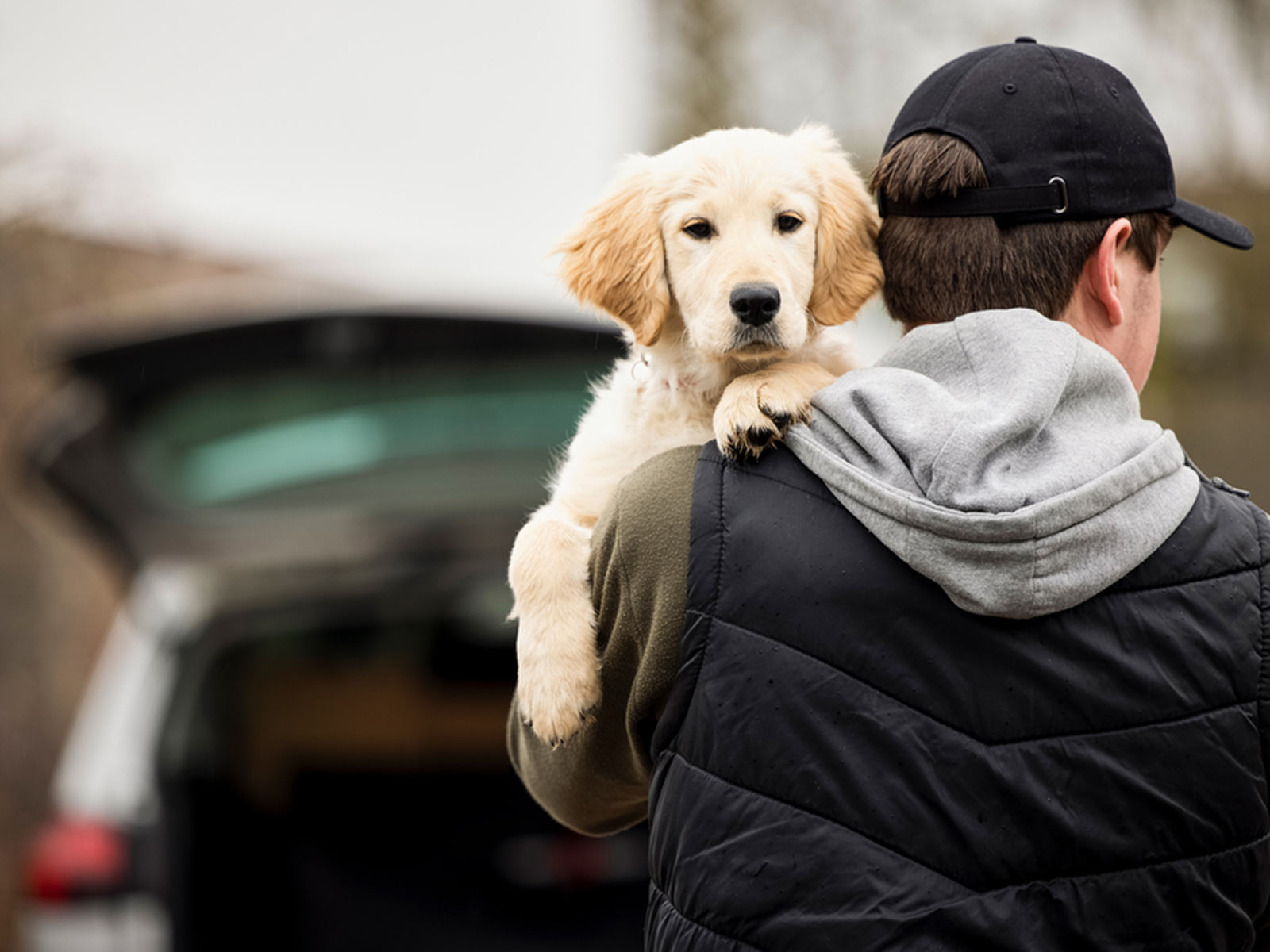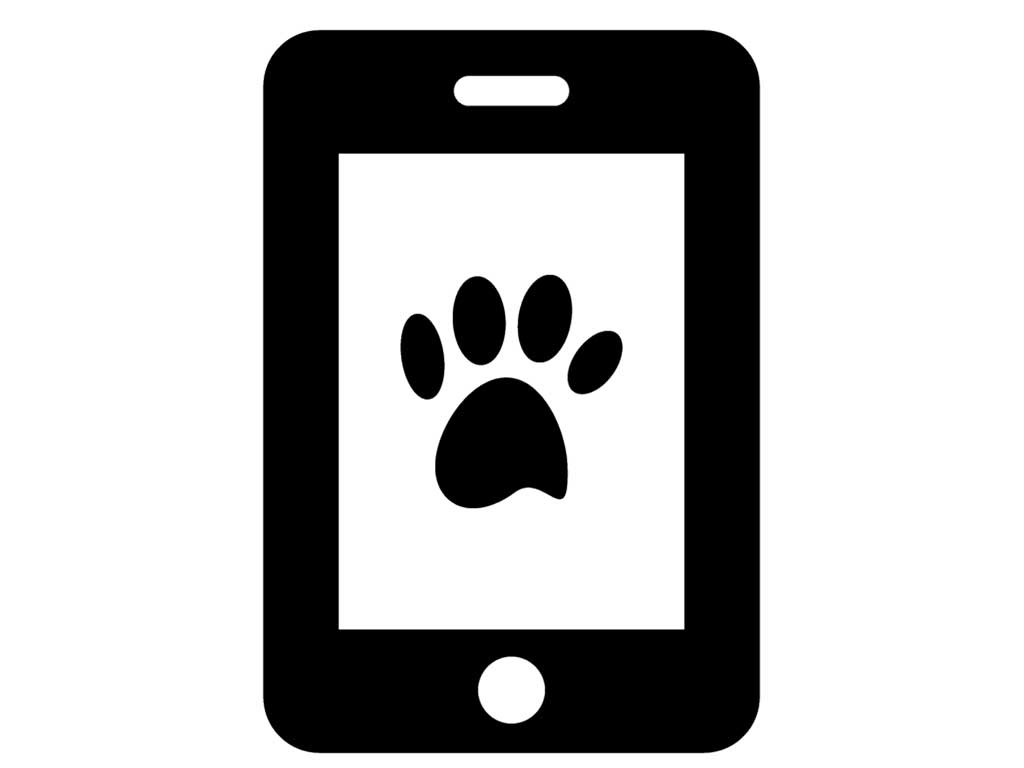Why Choose Puppy Training New York for Manners and Obedience?
When most people think of dog training, they think of teaching the dog to obey cues such as “sit” and “come.” Teaching a dog to obey a few basic commands is indeed a good idea. However, also as important as training a dog to obey commands is training a dog to have good manners. Learn more about the difference between canine manners and canine obedience and how puppy training New York can help you with both.

Manners vs. Obedience
Well-mannered dogs are a joy to meet on the street or in the park. They are pleasant to live with. In fact, for a pet dog, it is as important to teach manners as it is to teach obedience. A well-mannered dog is a much more enjoyable pet than a poorly mannered dog.
Manners differ from obedience in that manners are behaviors the dog spontaneously, habitually does. The dog does not wait to be told what to do with manners; the dog has just learned to exhibit good behaviors in the proper context. Manners are taught to the dog using similar methods that are used to teach obedience except they are never put on a verbal cue.
Socialize and Manners
When you bring a new puppy home, your first priorities are to socialize the puppy well and to begin teaching manners. Housebreaking, or teaching the puppy where and when it is ok to eliminate, is an important piece of manners. Another important piece of manners is how to greet people politely and calmly. No one likes a dog that leaps on people and acts like a crazed whenever someone comes to the door.
An often-overlooked piece of manners is the ability to ignore strangers. Oddly, “don’t talk to strangers” is something that is taught to human children, but many pet owners fail to teach their puppy the same piece of behavior. Owning or being around a dog that thinks they need to go up to and say “hi” to each and every person and dog that they meet can be unwanted at times.
Definition of Well-Mannered
When thinking about teaching your puppy manners, the guidelines for a well-mannered dog are not as regimented as the guidelines for teaching obedience commands. For obedience commands, everyone agrees dogs should know sit, down, stay, and come, as a bare minimum. Not everyone agrees so clearly on what constitutes good manners.
There are, however, some guidelines for manners. The Canine Good Citizenship test, for example. All prospective puppy owners should look this test over and try hard to be ready to pass it when the pup is six months old. Most of the CGC is about manners. How to greet strangers politely, how to ignore strangers (walk calmly past other dogs and people).
An even more exacting standard that pet owners should aspire to meet is the International Association of Assistance Dog Partners standards for public access:
- No aggressive behavior toward people or other animals – no biting, snapping, snarling, growling or lunging and barking at them when working off your property.
- No soliciting food or petting from other people while on duty.
- No sniffing merchandise or people or intruding into another dog’s space while on duty.
- Socialize to tolerate strange sights, sounds, odors etc. in a wide variety of public settings.
- Ignores food on the floor or dropped in the dog’s vicinity while working outside the home.
- Works calmly on a leash. No unruly behavior or unnecessary vocalizations in public settings.
- No urinating or defecating in public unless given a specific command or signal to toilet in an appropriate place.
These standards were created for service dogs, but there is no reason pet dogs and pet owners cannot attempt to meet them.
In the home, manners are also important. In addition to housebreaking, dogs can and should be taught how to behave properly in the home. No garbage stealing, no counter surfing, no destructive chewing, no non-stop barking at 3 am and so forth. If you find yourself having to crate your adult dog for hours every day, most likely it is because your puppy needs proper house manners. A well-mannered dog can be left loose alone in the house for hours without anything untoward happening.
Puppy Consultation Sessions
Puppy consultation session and pre puppy classes are essential for all new puppies. It is good idea to find a professional trainer even before you bring the pup home. Puppy training New York is a time-consuming endeavor, but the hard work you put into those first few months pay off later when you enjoy a well-mannered dog.
Most puppy training classes nowadays combine education in socialization, manners training, and some obedience training. However, prospective pet owners should be aware of manners training and socialization that need to be performed by the owner in between classes. The class and trainer will provide assistance and guidelines for how to proceed.
If you are thinking about getting a puppy, contact Canine Commander today to discuss puppy training New York and our puppy consultation sessions.




